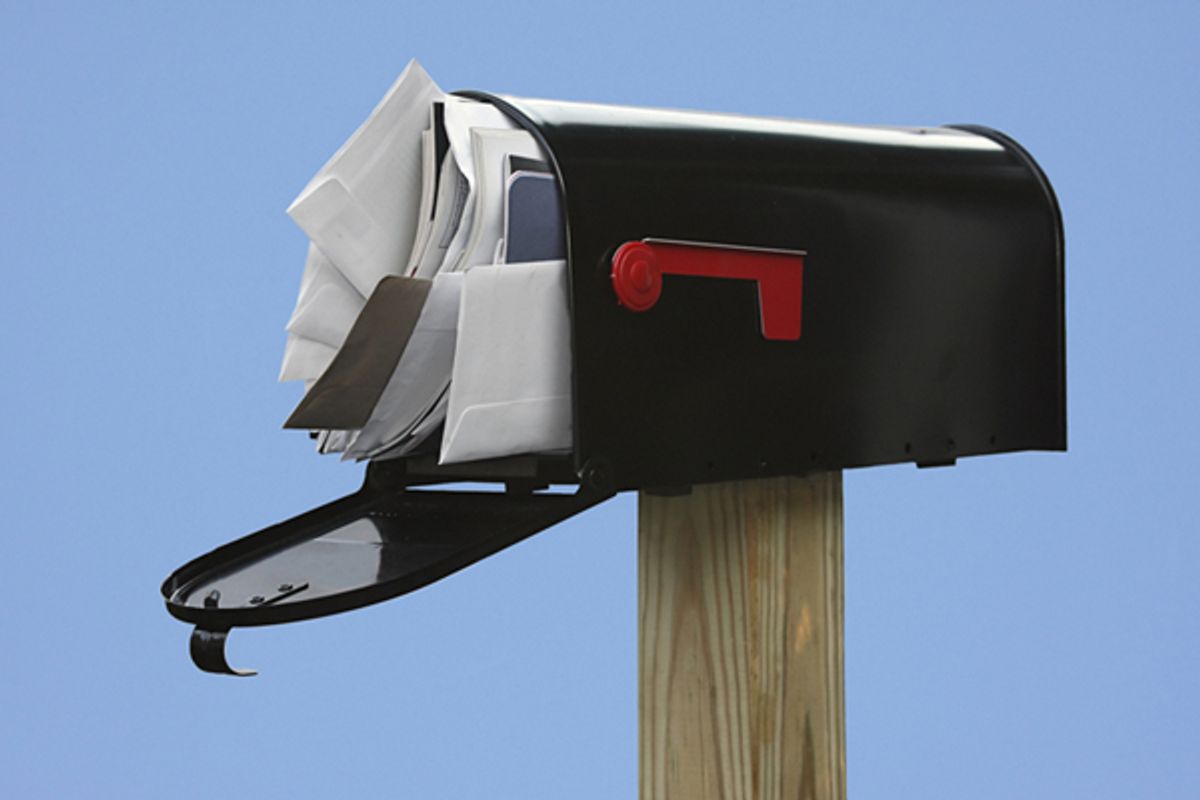Orvie Nix, a retiree in Amarillo, Texas, had expected his family would receive its $2,400 in stimulus funds with a letter signed by President Trump, or by direct deposit in his bank account, as he had seen on the news.
Instead, Nix got an envelope in the mail from "Money Network Cardholder Services", containing a prepaid debit card. The plain envelope seemed typical of the unwanted financial offers that flood the mail. Like an unknown number of others, Nix assumed his stimulus payment was junk mail, and put it in the shredder.
With passage of the CARES (Coronavirus Aid, Relief, and Economic Security) Act to speed financial relief to individuals and businesses in the wake of the pandemic, some four million Americans are receiving their stimulus payments on prepaid cards in a process that has been described as confusing and disorganized.
Democrats on a House oversight subcommittee complained in a May 28 letter to Treasury Secretary Steven Mnuchin that the debit cards are easily confused for junk mail or a scam, due to the use of the plain envelope from "Money Network Cardholder Services," a name taxpayers won't recognize. The paperwork inside the envelope bears the logo of the Department of Treasury but makes no reference to the IRS.
"Alarmingly, if an individual calls the number listed in the accompanying materials" to activate the card, the person must enter "a substantial portion of his or her social security number,'' the letter said.
The lawmakers sought answers from Mnuchin by June 2 on how many people have had to order replacement cards, and how taxpayers were chosen to receive the cards rather than a paper check. A spokesman for the panel told FairWarning that the Treasury Department has not yet responded.
An IRS spokesperson who declined to give his name told FairWarning he did not know how people were selected to receive the debit cards. He said that the IRS was not involved in the decision, and referred further inquiries to the Treasury Department's Bureau of Fiscal Service, which did not respond to emails.
Representatives of the financial firms handling the prepaid cards, Metabank and Fiserv, also referred questions to the Bureau of Fiscal Service.
Mobile banking and prepaid card companies had lobbied the Treasury Department for contracts to help distribute stimulus payments, claiming that prepaid cards would be a swifter and more secure way for Americans to get their money, as Reuters reported in April.
The Economic Impact Payment Cards, as they are called, are issued by MetaBank, which describes itself as one of the nation's leading providers of prepaid cards. The bank primarily serves low-income individuals who do not have access to traditional banks, according to the company's 2019 annual report. A website set-up by Fiserv and Metabank provides information on using the cards and about fees.
People who mistakenly tossed their cards can get a new one by calling 800-240-8100. Orvie Nix said he called the 800 number and got a new card earlier this month.The IRS initially said it would charge $7.50 to replace cards that had been lost or thrown away, but later announced that it would waive the fee for first-time replacements.
The IRS also issued a press release urging people to watch for the envelopes. And the agency appears to be alerting tax preparers with emails like the one it sent to Nix's accountant Cliff Heffner.
"Please help us get the word out that these are valid cards,'' said an IRS representative in an email to Heffner. "Folks are throwing them away or are wondering if they are fraudulent. Please share the information on your websites, newsletters and social media accounts, etc.." says the email to Heffner, which he shared with FairWarning.
Heffner wrote back: "The prepaid debit card action has certainly been done by IRS in a haphazard and unannounced fashion…What a mess you people have caused!"


Shares